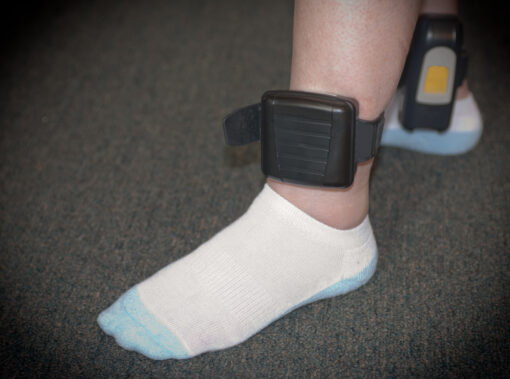Most people imagine going to jail as a nightmare, especially if this is their first encounter with the criminal justice system. Fortunately, if you have been convicted of certain offenses and fulfill the qualifying requirements, your Orange County criminal defense lawyer may be able to negotiate a non-incarceration option for you. Home confinement, often known as house arrest, is one of these options.
Keep reading to learn more about this option. Then contact Chambers Law Firm at 714-760-4088 if you require a free legal consultation from an experienced attorney.
Not everyone is eligible
Of course, not everyone in California who has been convicted of a felony is eligible for house arrest. You must be a low-risk, nonviolent criminal who has not been barred from home arrest by your judge. You must have been condemned to county jail rather than state prison, and you must live in or near the county where you were convicted.
You must have a suitable phone in your house, agree to the terms and conditions of home confinement, and pay (depending on your capacity to pay) for the pleasure of being on home confinement. If you are disabled or have a medical condition that would make time in jail difficult for you, your Orange County criminal defense attorney may be able to persuade the court to place you on home arrest.
The advantages of house arrest
There are several benefits to being sentenced to house arrest rather than going to prison. First and foremost, you will be living in your own house rather than being incarcerated. This is definitely more comfortable for you — and less frightening. It is also far less expensive for the government.
You may be able to continue working or attending school, as well as having friends and family visit you, depending on the circumstances of your home confinement. As a condition of your home detention, the court may prohibit visits from specific persons. Finally, you can complete court-ordered programs such as DUI school, therapy, or medical care while on home arrest.
The disadvantages of house arrest
While home arrest is often thought to be preferable to going to jail, it can have drawbacks. When you’re on house confinement, your movements are severely restricted – to the point where you wouldn’t be allowed to go out and walk your dog or even check your mail. You would generally not be able to leave your house at all during the night, and you would have extremely limited access to the outside world during the day.
When you’re on home confinement, unlike when you’re in jail, you don’t get credit for “good time,” so you’ll have to complete the entire sentence. You’d be assigned a probation officer to keep an eye on you, and you’d have to check in with him or her on a regular basis. If you break your home confinement restrictions, you may be arrested and sentenced to serve the remainder of your sentence in jail.
Finally, house arrest may be pricey, costing anything from $12 to $15 each day (although this varies based on your ability to pay). Many people may find that home confinement is too pricey depending on their financial status.
If you have been charged with a crime and are considering taking a plea agreement, a qualified Orange County criminal defense attorney can explore home confinement as one of the alternatives to incarceration. Each option has benefits and drawbacks that should be properly addressed with your attorney and loved ones before making a choice.
The Chambers Law Firm is here for you if you have been charged with a crime. We represent clients charged with breaches of California law in Orange County and the surrounding areas. To book a free first consultation and learn more about how we can help you, call 714-760-4088or email dchambers@clfca.com now.





